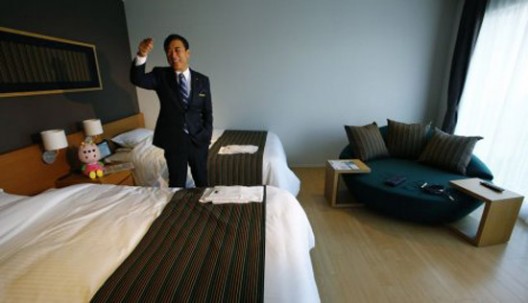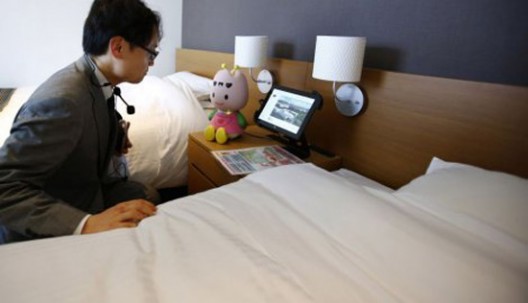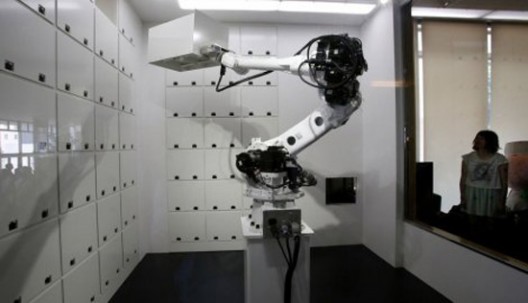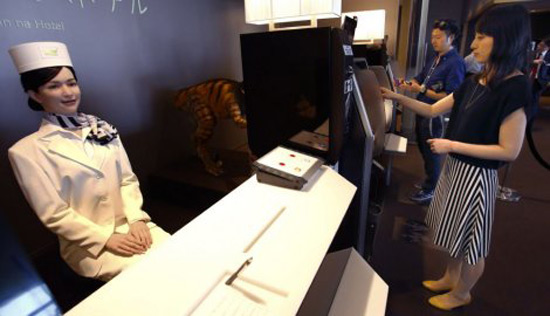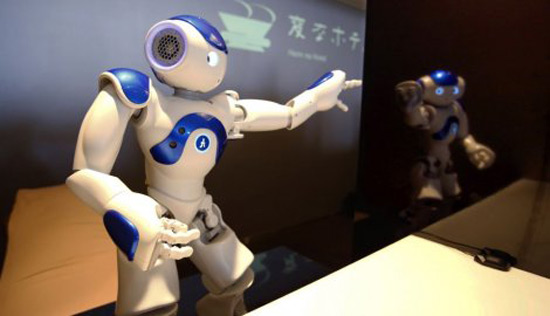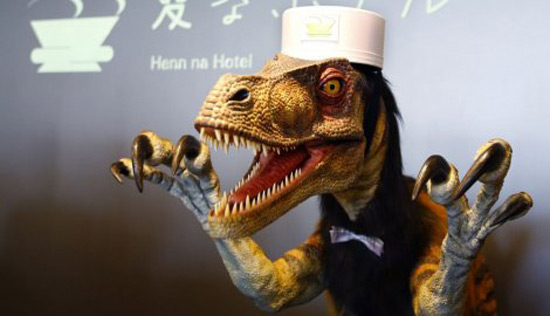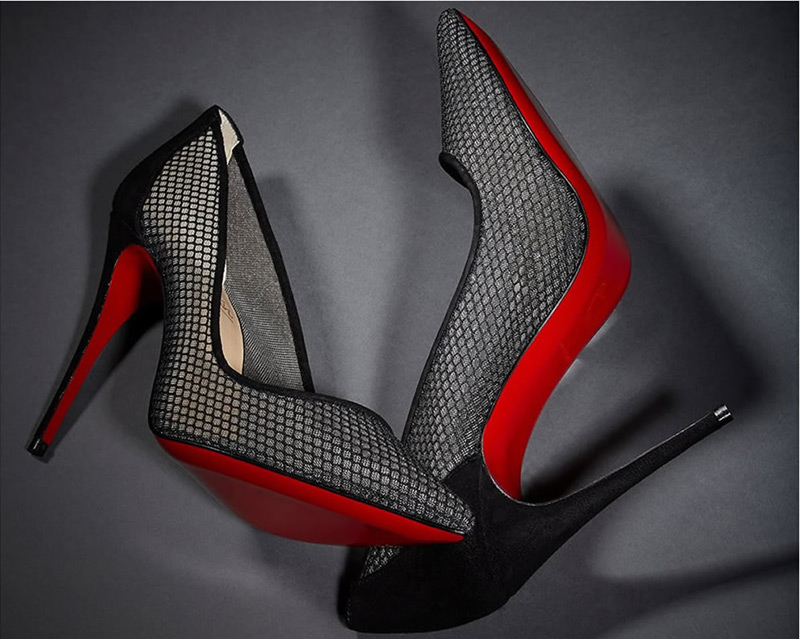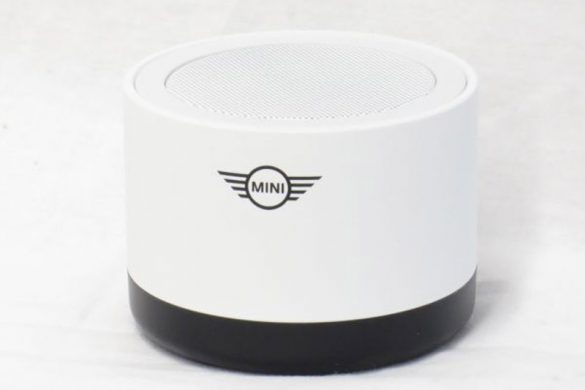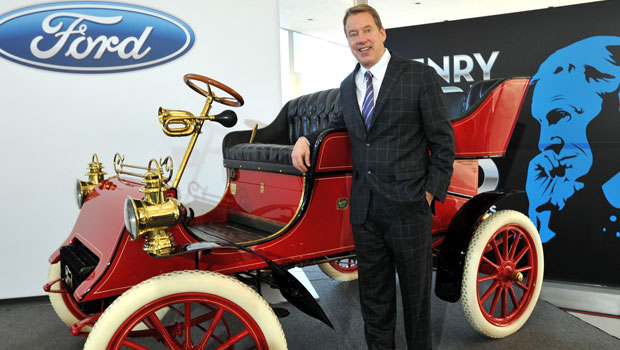The receptionist in the form of a dinosaur, a little scary-looking, speaks English, and his colleague, humanoid that flashes, addresses guests at the Japanese language. “If you want to check in, press the button,” says dinosaur. As this is done, the customer enters the data on the touch screen. From application to the carrier – automated trolley carrying luggage up to the room – members of the hotel staff in the southwest of Japan, appropriately called “The Weird Hotel“, are exclusively robots.
Hideo Sawada, who runs the hotel as part of an amusement park, says that the use of robots is not advertising move but a serious attempt to apply technology and achieve cost savings.
“Henn na Hotel,” as his name is in Japanese, uses face recognition technology. Guests don’t need a common electronic key, because their face is registered when reporting. The reason is that robots are not particularly good at issuing keys, but also that it often happens that guests lost them.
Giant robotic hand, mainly seen in factories, is located in a glass room in the hotel lobby. It lifts a box, in which guests had put luggage, and put it into the hole in the dressing room.
The doorman is bald robot that recognizes voices and recite information about breakfast and performances, but he can not get a taxi.
There is, however, one area in which the hotel still relies on people. Throughout the building there are security cameras and they monitor what is happening to make sure the guests are safe, but also to prevent anyone steal precious robots. The other thing the robots cannot do according to Sewada is to make the beds. He plans to open another hotel like this in Japan, and later abroad. In addition, he wishes to robots speak another language, for example Chinese or Korean.
Robot tulip, the size of the lamp, called Tula is in every room. It will answer simple questions, for example, the exact time or the forecast for tomorrow, and at your request will turn off or turn on a light.
Lowest price accommodation in the hotel is 9,000 yen (80 dollars), which is for Japanese conditions very affordable, since the price in the better hotels are often two or even tree times more.

